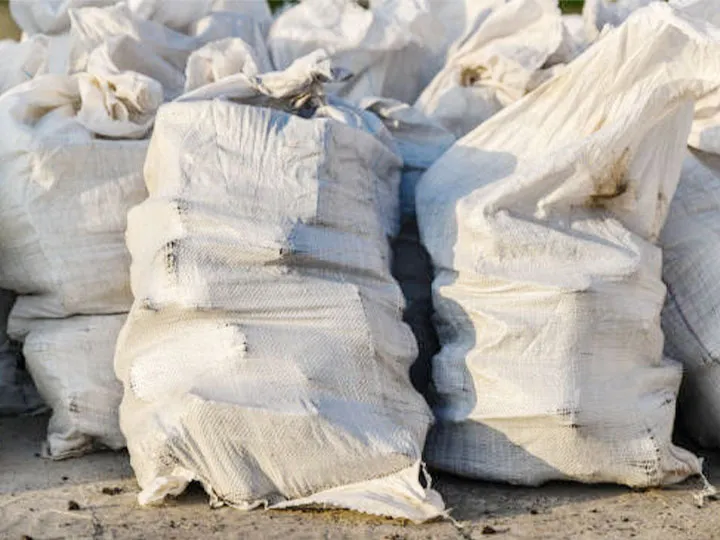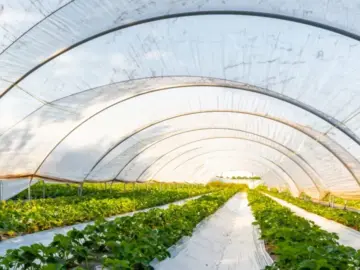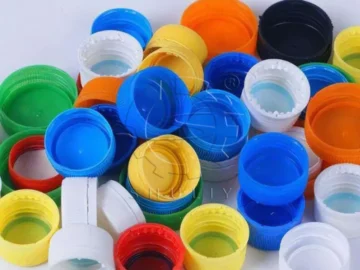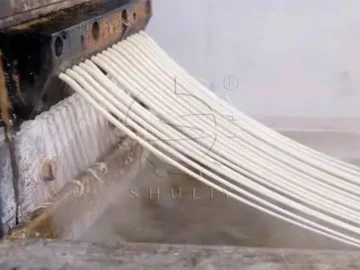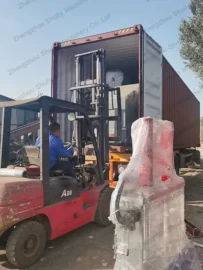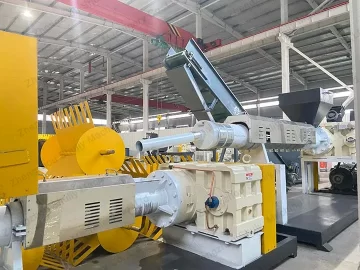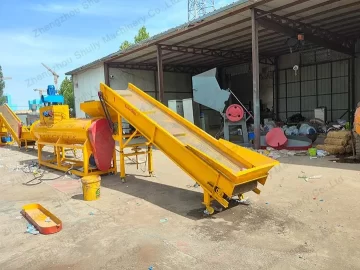Como um material de embalagem comum, sacos de plástico tecido são amplamente utilizados na sociedade moderna. No entanto, com o problema cada vez mais sério da poluição plástica, a reciclagem e reutilização de sacos de plástico tecido se tornaram particularmente importantes.
O equipamento pelletizer, como uma peça chave de equipamento, fornece uma solução eficiente para a reciclagem de sacos plásticos de tecido. Neste artigo, exploraremos vários métodos para reciclar sacos de compostagem e nos concentraremos no processo de convertê-los em pellets de plástico reciclado usando equipamento pelletizer.
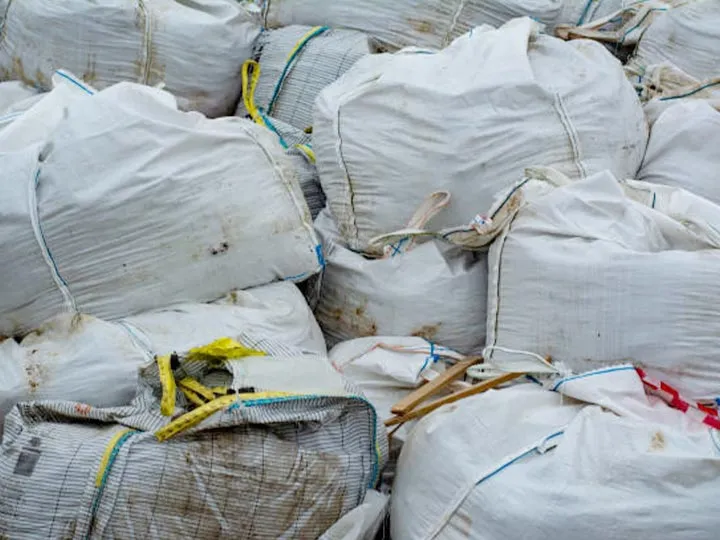
Coleta e classificação de sacolas de tecido
O processo de reciclagem de sacolas plásticas tecidas começa com a coleta e a triagem. A chave para esta etapa é garantir a pureza do material reciclado para que o processamento subsequente seja mais eficiente.
A coleta pode ser feita através de estações de reciclagem, lixeiras de reciclagem, e assim por diante. As sacolas de tecido coletadas precisam ser separadas para distinguir os diferentes tipos de sacolas plásticas de tecido para manuseio e processamento subsequentes.
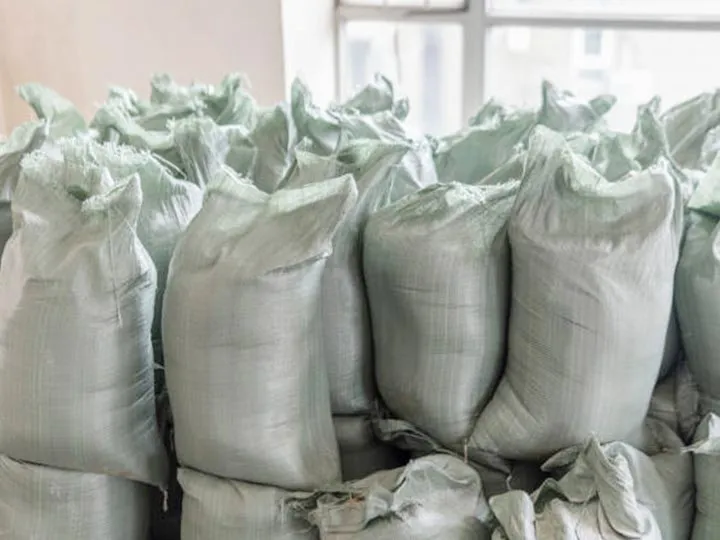
Limpeza e trituração
Após a coleta e a triagem, os sacos plásticos tecidos precisam passar pelas etapas de lavagem e trituração. A limpeza remove sujeira, gordura e outras impurezas aderidas aos sacos e garante a qualidade do material reciclado. Os sacos são então alimentados em um triturador de plástico para serem quebrados em pedaços menores em preparação para o processo de peletização subsequente.
Pelotização com equipamentos de pelotização
O equipamento de peletização é a etapa chave em todo o processo de reciclagem. Nessa etapa, os pellets de sacos plásticos triturados são aquecidos, derretidos e, em seguida, ejetados através de um molde para formar pellets plásticos uniformes.
Essas pelotas podem ser reutilizadas como matérias-primas para fabricar produtos plásticos, como novas sacolas de tecido, recipientes plásticos, etc. O tamanho, a forma e a qualidade das pelotas plásticas durante o processo de pelotização podem ser controlados ajustando os parâmetros do equipamento de pelotização e também podem ser personalizados conforme a necessidade para atender a diferentes requisitos de produção.
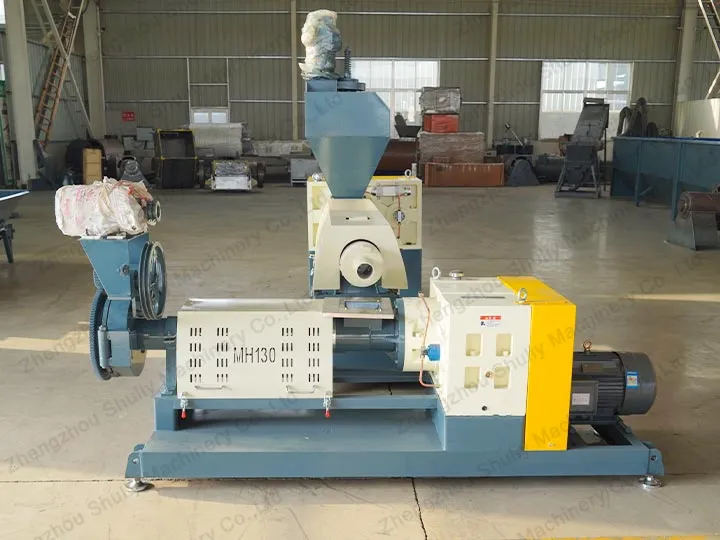
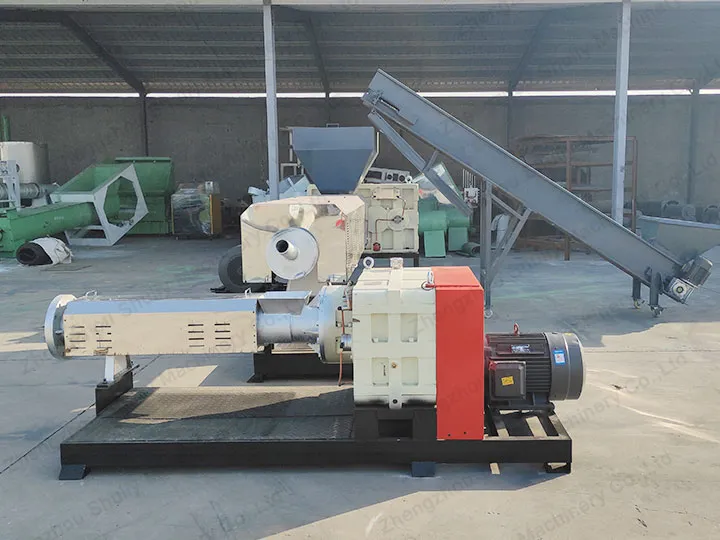
Resfriamento e cura
Os grânulos de plástico recém-gerados precisam ser resfriados após a peletização para que curem rapidamente e mantenham a forma desejada. Esta etapa garante a estabilidade e a qualidade dos grânulos para que possam ser utilizados com sucesso em processos subsequentes.
Inspeção de qualidade e embalagem
Após a conclusão do processo de peletização, é necessária uma inspeção de qualidade para garantir que a qualidade das pellets plásticas produzidas pelo equipamento de peletização esteja dentro dos padrões. Isso pode incluir testes na aparência da pellet, propriedades químicas e índice de fusão. Verificações rigorosas de qualidade são realizadas para garantir que as pellets atendam aos requisitos para reciclagem. Subsequentemente, as pellets plásticas certificadas serão embaladas e armazenadas para produção subsequente.
